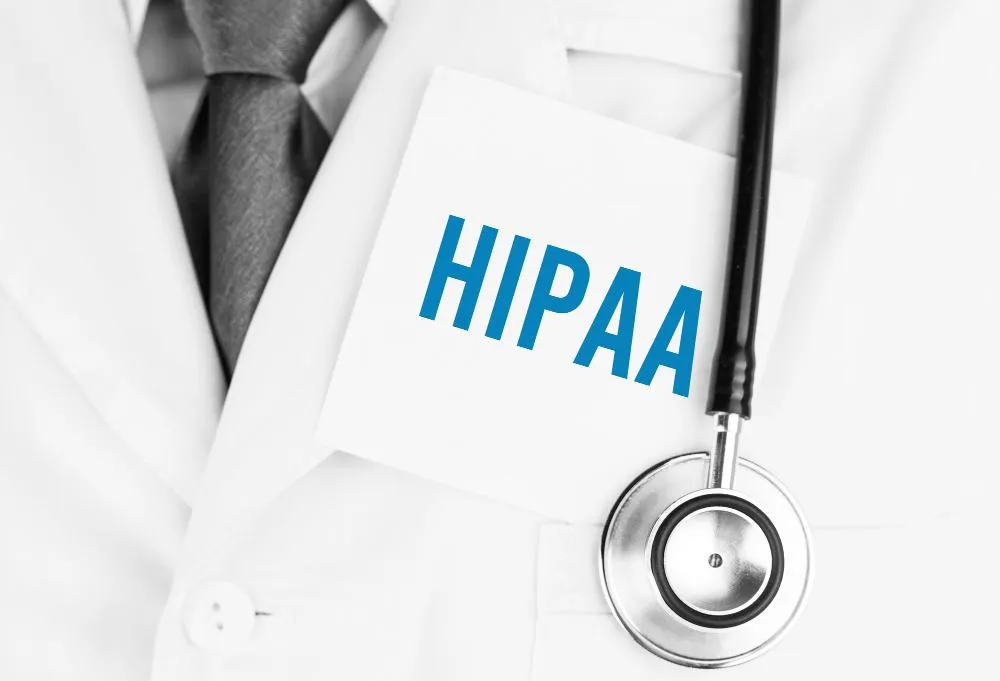
Comprehensive Guide to HIPAA Compliance: Secure Your Healthcare Data
Introduction

In the realm of healthcare, protecting patient information is paramount. The Health Insurance Portability and Accountability Act (HIPAA) plays a crucial role in safeguarding sensitive health data. This comprehensive guide delves into the significance of HIPAA, its compliance requirements, and why healthcare providers must adhere to these regulations.
What is HIPAA Compliance?

HIPAA, enacted in 1996, aims to modernize the flow of healthcare information and ensure the confidentiality and security of protected health information (PHI). The primary purpose of HIPAA is to protect patients' privacy and prevent unauthorized access to their health data. Compliance with HIPAA is not optional; it's a legal requirement for covered entities and business associates.
Covered entities include healthcare providers, health plans, and healthcare clearinghouses. Business associates are organizations or individuals that perform services involving the use or disclosure of PHI on behalf of covered entities. Together, they must implement stringent measures to protect PHI.
Core Requirements for HIPAA Compliance

Physical Security Measures
Physical security measures are the first line of defense in protecting PHI. These measures include:
Access Controls: Limiting physical access to facilities where PHI is stored or processed.
Workstation Security: Ensuring that workstations with access to PHI are secure and used by authorized personnel only.
Device and Media Controls: Managing the movement and disposal of electronic devices and media containing PHI.
Network Security Measures
Network security is vital in safeguarding PHI from cyber threats. Key network security measures include:
Encryption: Encrypting PHI both in transit and at rest to prevent unauthorized access.
Firewalls and Intrusion Detection Systems: Implementing robust firewalls and intrusion detection systems to protect against cyber attacks.
Access Controls: Using strong passwords, multi-factor authentication, and role-based access controls to restrict access to PHI.
Process Security Measures
Process security measures ensure that administrative practices align with HIPAA requirements. These measures include:
Risk Assessments: Conducting regular risk assessments to identify and address vulnerabilities in the handling of PHI.
Policies and Procedures: Developing and implementing comprehensive policies and procedures to guide the handling of PHI.
Employee Training: Providing ongoing training for employees to ensure they understand HIPAA requirements and how to handle PHI securely.
Conclusion

HIPAA compliance is not just a legal obligation but a fundamental aspect of providing quality healthcare. By adhering to HIPAA regulations, healthcare providers and associated businesses protect patient privacy and build trust. Ensuring HIPAA compliance requires a multifaceted approach, encompassing physical, network, and process security measures. Healthcare organizations must remain vigilant and proactive in safeguarding PHI to uphold the highest standards of patient care and data security.
Encourage your organization to prioritize HIPAA compliance today to secure sensitive health information and maintain the trust of your patients. Sign up for List Converter Pro today to make your marketing HIPAA compliant for as low as $97/month!